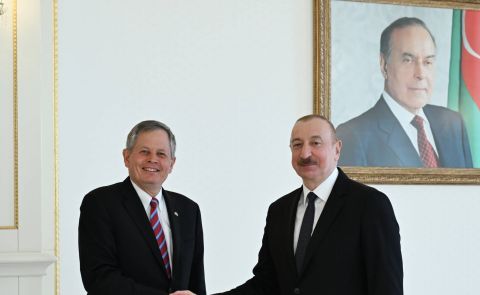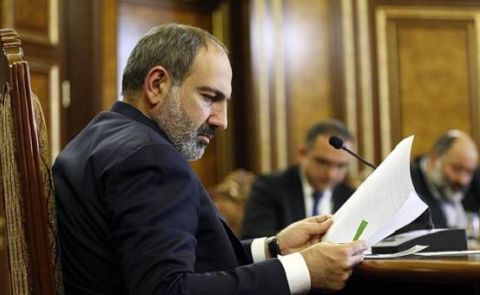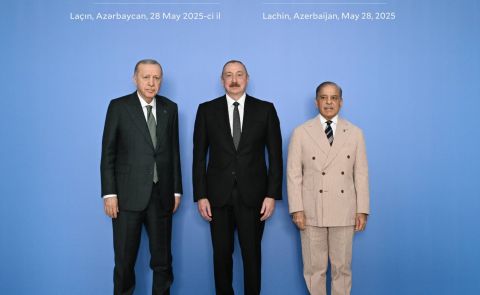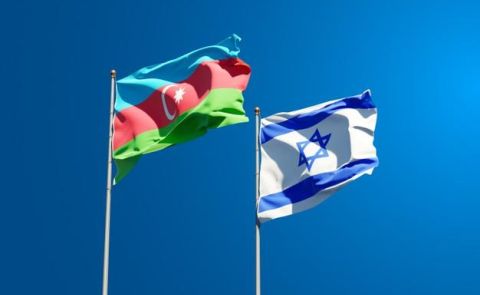
Latest Updates on Georgia's Political Crisis: Calls for Dialogue and New Elections

On December 23, thirty-eight OSCE participating states invoked the Vienna Mechanism, expressing concern over human rights issues in Georgia following its November 28 decision to withdraw from the EU membership process and urging constructive dialogue.
In a letter sent to Alexander Maisuradze, the Georgian Ambassador to the OSCE, on December 20, Georgia was requested to address various concerns regarding its human dimension commitments. The OSCE states highlighted a wave of peaceful protests in Georgia, during which hundreds were detained and allegedly mistreated by police, with numerous incidents of violence against journalists. The letter cited the Public Defender of Georgia’s condemnation of the excessive use of force, stating that such actions could amount to torture. NGOs also documented violations against opposition politicians, journalists, and civil society representatives, while law enforcement has faced no consequences for alleged misconduct. The letter emphasized the need for robust mechanisms to address impunity and ensure justice for victims.
On the same day, Prime Minister Irakli Kobakhidze and First Deputy Prime Minister Levan Davitashvili met with over 100 business representatives to discuss the government's vision and priorities. During the meeting, Kobakhidze reaffirmed Georgia’s commitment to its European path and addressed questions raised by the business community. He expressed openness to further dialogue with those holding differing views.
Georgian President Salome Zourabichvili delivered a video address on December 23, following an attempt to speak at a rally the previous day. She called for dialogue with the ruling Georgian Dream party and invited its founder, Bidzina Ivanishvili, to set a date for new elections by December 29 under conditions to restore public trust. Zourabichvili stressed the continuation of protests and the erosion of trust in the authorities due to alleged election rigging. She outlined two solutions: holding early elections through compromise or regime collapse. She announced plans for a special council to prepare for elections and emphasized the urgency of resolving the crisis.
On December 24, the Central Election Commission (CEC) of Georgia dismissed Zourabichvili's allegations of vote rigging during the October 26 elections as baseless and politically motivated. The CEC stated that the elections were conducted professionally and in compliance with the law, as confirmed by the OSCE/ODIHR Election Observation Mission. The CEC urged all parties to refrain from making unsubstantiated claims that could undermine public trust in the electoral process.
See Also


Pashinyan Commemorates First Republic Day, Highlights Progress in Sovereignty and Peace Efforts

Israeli Ambassador to Armenia Acknowledges Challenges but Optimistic About Future Armenian-Israeli Cooperation

EU Plans Closer Cooperation with Azerbaijan, Georgia, Türkiye, and Other Black Sea States

Azerbaijan, Türkiye, and Pakistan Highlight Growing Strategic Cooperation at Lachin Summit

